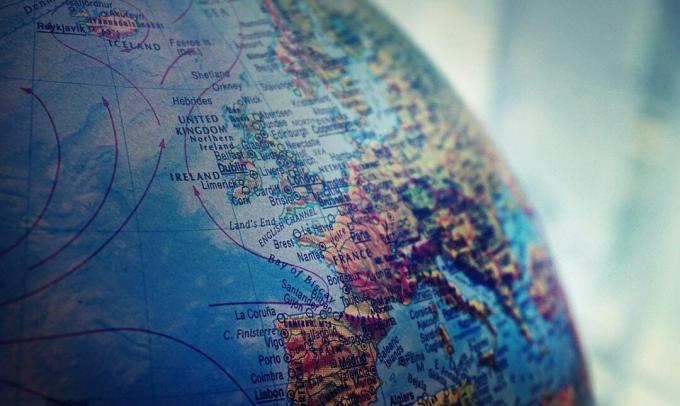Nowadays it is very common to listen to speak or use term Economic GlobalizationHowever, its concept as such may not be known. To simplify things, it is appropriate to start by indicating that it is a process by which the economy world.
This comprehensive process is characterized by the interdependence of the economies of the various countries, thus as well as its commercial exchange of goods and services, technology, labor and the flow of capital.
Advertisements
The economic globalization It is a process that has its origin by the conjunction of several factors. Some of an economic nature such as those already mentioned, others of a geopolitical nature such as the appearance of new competition or the division of the Soviet Union and other demographic factors such as the new types of family groups or the growth rate population.
You can practically make sure that the globalization economic it is a irreversible process, since it evolves alongside technological advances, in addition to the few barriers that prevent the free exchange of goods and services among the nations.
Advertisements
There are multiple entities that intervene in this process of economic globalizationSome of which mention can be made are international organizations, financial organizations, non-financial institutions. Also corporations or multinational companies, the governments of each country, as well as domestic economies
This important process has repercussions of all kinds in the most varied areas. It affects each of them in a different way and in a different dimension. Among those that have the most effects are: the political sphere, the cultural sphere, the care of resources and the environment, the social sphere and even knowledge.
Advertisements
In order to understand everything that this process of global economic integration entails, it is necessary to go back in time to the 19th century, at the dawn of the Industrial Revolution and then to the 20th century to review its expansion.

Advertisements
In this article you will find:
Beginnings of Economic Globalization
The process of World globalization, from an economic point of viewIt is not something that has occurred immediately, it has its roots in colonial times and in the first manifestations of foreign trade and the expansion of free trade.
Thus, it is possible to identify various stages of history that have been key to the emergence and evolution of Economic Globalization, as it is known today, these are:
Advertisements
- The colonization: favored the search for material resources, economic labor and the possibility of investment.
- Industrialization: it favored the mass production of goods at lower prices, it also increased the offer for the provision of services.
- The opening of the Free Market: triggered by advances in the means of distribution and transportation and the unprecedented increase in productive activity of the twentieth century established new rules and great facilities to commercialize at the world.
- The two world wars: with special emphasis on World War II, when the world trade network was strengthened. Even the Marshall Plan played a leading role when the United States provided economic assistance to affected and devastated European nations, all this contributed to the international beginning of the flow of capital.
- The capitalism: This economic system, characterized by the possession of the productive means in private hands. It contributed to the emergence of multinational companies and their production at lower productive cost, profit maximization at attractive prices for consumers.
Consequences of Economic Globalization
Some consequences of this global integration process can be mentioned:
1.- Economic Liberation
Free exchange of goods and services Worldwide. With which tariffs and barriers are minimized. These generate the protectionist measures of some governments and new trade agreements are generated between nations.
2.- Generates Activities at the International Level
Opening of the production process, since borders do not limit the location of a company. These expand to countries with cheap labor and more affordable raw materials. This allows the fragmentation and relocation of productive activity, as well as the creation of multinational companies
3.- Promotes the Offer of Products
More companies offer their products at competitive prices. Fighting for differentiate yourself from competitors It forces them to specialize, offer lower prices, create a greater variety of products of better quality.
4.- Economic interdependence
Promoted by the flow of capital, which affects the emergence of new world organizations, economic inequality between countries and the stock market.


